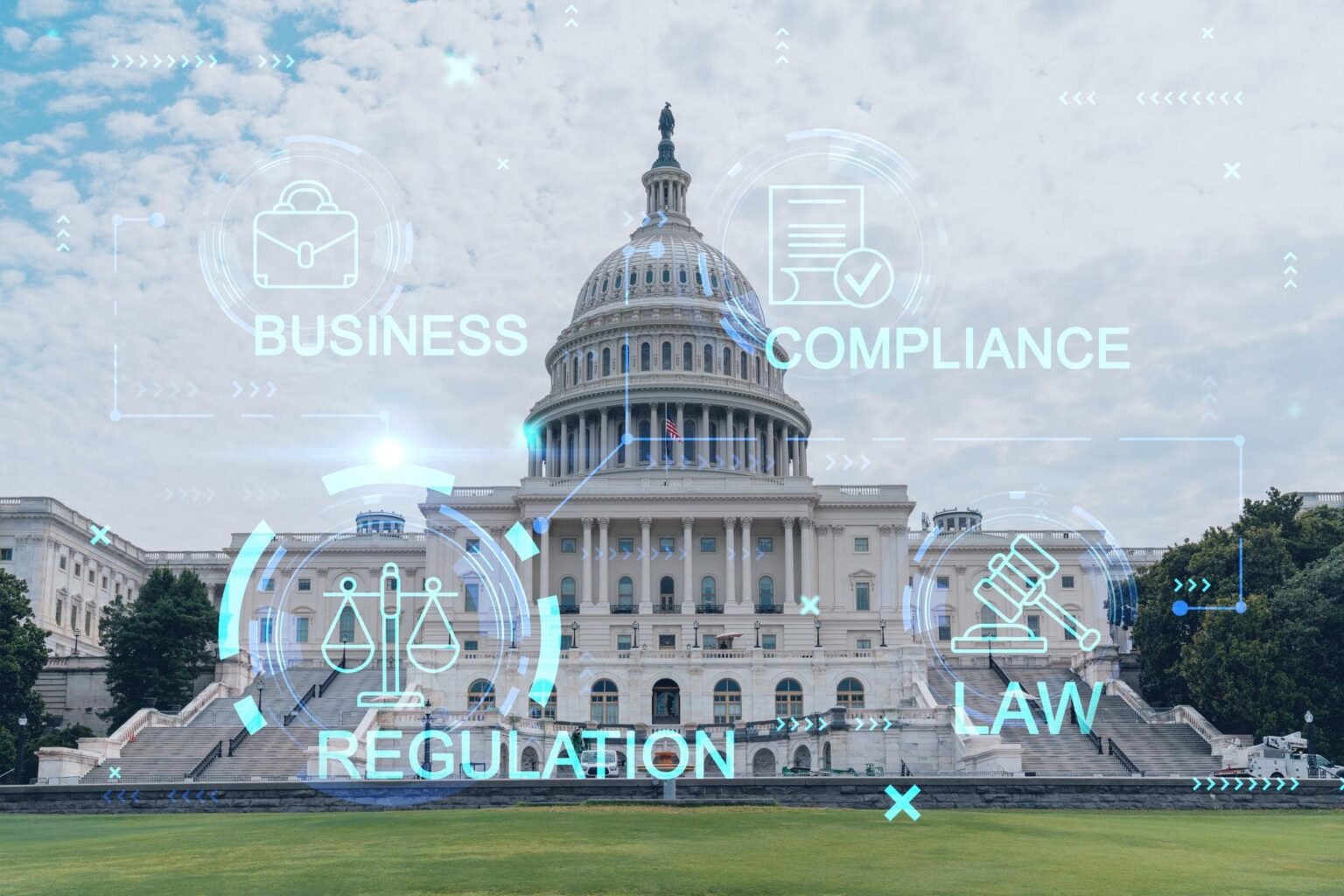The future of government technology holds tremendous potential for transforming public services and enhancing citizen experiences. As technology continues to advance, governments around the world are embracing digital solutions to improve efficiency, transparency, and accessibility. Here are some key areas where government technology is driving transformation:
- Digital Citizen Services: Governments are moving towards digital platforms to provide citizens with convenient access to public services. Online portals and mobile apps enable citizens to access government information, apply for permits and licenses, pay taxes, and access various services from the comfort of their homes. Digital citizen services streamline processes, reduce paperwork, and enhance citizen satisfaction.
- E-Governance and Digital Democracy: Technology is revolutionizing governance by enabling e-governance initiatives. Digital platforms facilitate online voting, participatory budgeting, and public consultations, allowing citizens to engage directly in decision-making processes. E-governance promotes transparency, inclusivity, and citizen empowerment by giving them a voice in policy development and public service delivery.
- Open Data and Data Analytics: Governments are increasingly opening up their data repositories and making them accessible to the public. Open data initiatives provide citizens, businesses, and researchers with valuable information that can drive innovation, inform decision-making, and create economic opportunities. Data analytics and artificial intelligence (AI) are also used to gain insights from vast amounts of data, enabling evidence-based policymaking and more efficient service delivery.
- Smart Cities and Internet of Things (IoT): The concept of smart cities involves leveraging technology and data to improve the quality of urban life. IoT devices and sensors are being deployed to collect real-time data on traffic, air quality, waste management, and other aspects of city operations. This data is used to optimize resource allocation, enhance public safety, and improve the overall sustainability and livability of cities.
- Blockchain for Transparent and Secure Transactions: Blockchain technology holds promise for transforming government operations by ensuring transparency, security, and efficiency in transactions. Governments are exploring blockchain applications for areas such as land registry, identity management, procurement, and supply chain management. Blockchain can enhance trust, reduce fraud, and streamline processes by providing immutable records and secure transactions.
- Artificial Intelligence and Chatbots: Governments are leveraging AI and chatbot technologies to automate routine tasks, provide personalized assistance, and improve customer service. Chatbots can handle citizen queries, provide information, and guide users through online processes. AI algorithms are also used for data analysis, fraud detection, and predictive modeling to support decision-making and optimize resource allocation.
- Cybersecurity and Data Privacy: As governments embrace digital technologies, ensuring robust cybersecurity and protecting citizen data become paramount. Governments invest in cybersecurity infrastructure, conduct regular audits, and establish data privacy regulations to safeguard sensitive information. Strengthening cybersecurity measures is essential to build trust and maintain the integrity of government systems.
- Collaboration with the Private Sector and Startups: Governments are increasingly partnering with the private sector and startups to drive innovation in public service delivery. Collaborations involve co-creation of solutions, leveraging private sector expertise, and fostering entrepreneurship. Public-private partnerships facilitate the adoption of emerging technologies and enable governments to tap into the agility and innovation of startups.
- Augmented Reality and Virtual Reality: Augmented reality (AR) and virtual reality (VR) technologies have the potential to enhance citizen engagement and training in the government sector. AR can provide interactive experiences for citizens, such as virtual tours of historical sites or public infrastructure projects. VR can be used for immersive training programs for government employees, enhancing their skills and knowledge in various domains.
- Cloud Computing and Digital Infrastructure: Governments are transitioning to cloud computing for efficient data storage, collaboration, and scalability. Cloud-based systems enable governments to streamline operations, reduce costs, and improve accessibility to services. Additionally, investments in digital infrastructure, such as high-speed internet connectivity, are essential to ensure equal access to digital services across different regions.
The future of government technology holds immense potential to transform public services, improve governance, and enhance citizen experiences. By embracing digital solutions, governments can create more transparent, efficient, and citizen-centric systems that adapt to the evolving needs of society.



